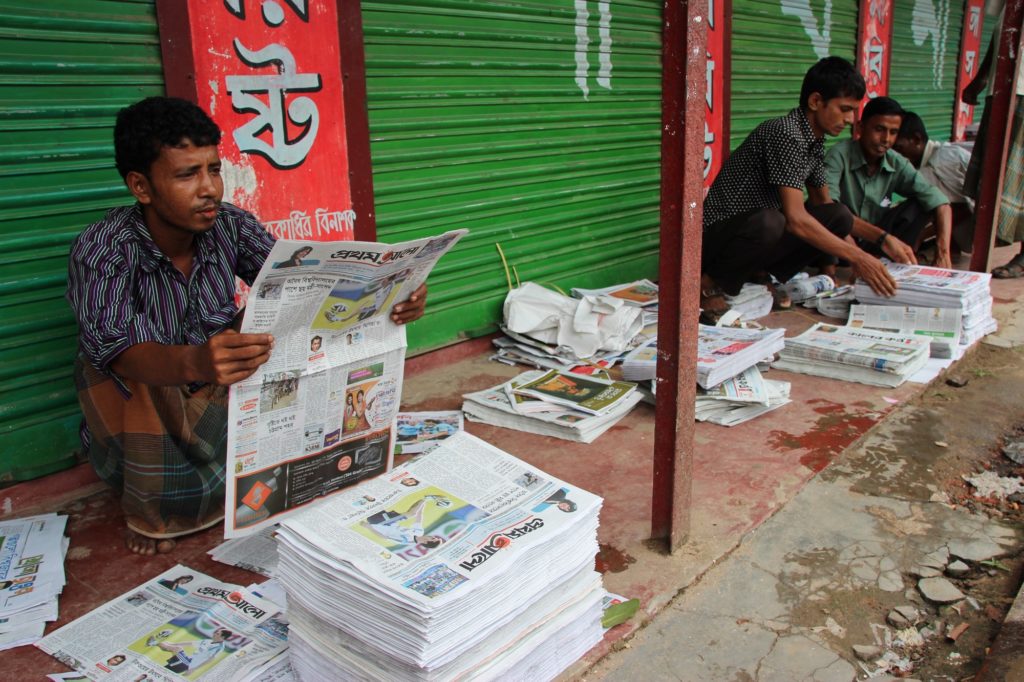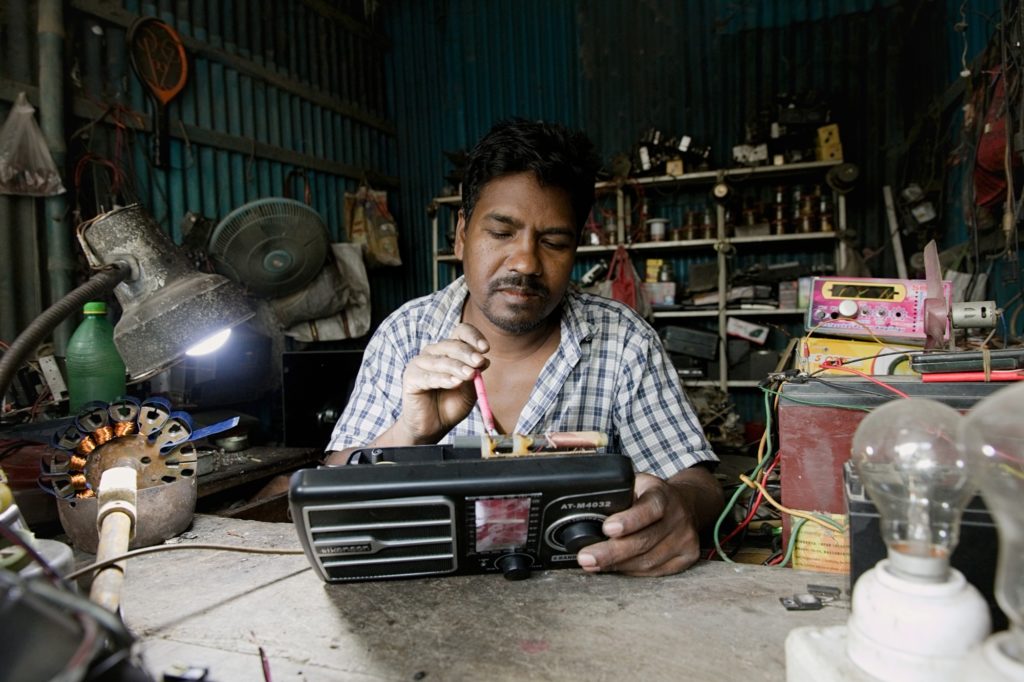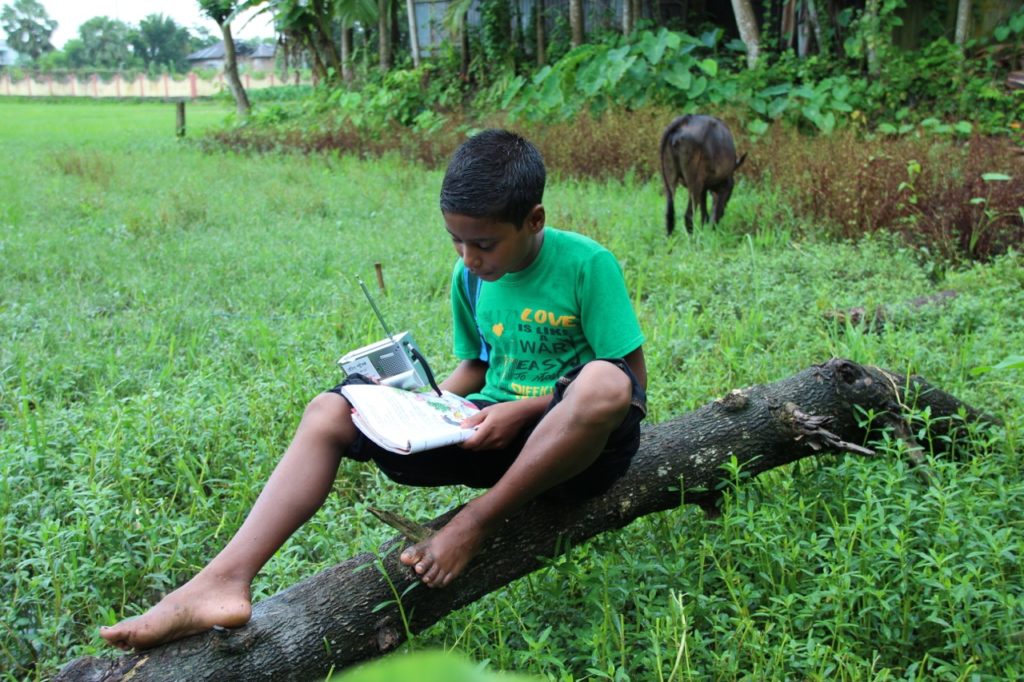Independent media around the world are struggling to continue their existence and remain independent. The changing media market, a decline in the trust in media, government interference in the working of media, or attacks on journalists are all affecting the ability of media outlets to earn revenue and conduct independent reporting. ‘Media viability’ refers to all factors that influence the (continued) existence of independent media outlets.
The resource guide contains information on what media viability is in general, as well as on media viability issues that are inside the direct sphere of influence of media outlets. The concept media viability is however much broader than this. To navigate quickly to the sections of your interest, please consult the navigator below.

An introduction to media viability: the definition and framework used to approach media viability in this resource guide as well as a summary of the current viability of the media sector.

What Can a Media Outlet Do to Boost its Viability?
In this section you find information on the factors that are in the sphere of influence of media outlets. Here the focus is on best practices that arise from the research on a media business’ operating model, business model, relationship with the audience and quality of content. Also, this section summarises the research conducted by Free Press Unlimited on the income models of media in challenging environments.

Lots of practical information that can help media with the development of their business models, including links to accelerators and media labs around the world, guides and toolkits, and also more information about Roadmap for Media Growth – Free Press Unlimited’s toolkit for business model development.
Evidence base: Media viability
| Source | Year | Country | Organisation | Author |
|---|---|---|---|---|
| Digital Media Startup Companies in the Arab World | 2019 | Jordan, Lebanon, Morocco | Maharat Foundation | Maharat Foundation |
| How News Events Foster Engagement and Expand Revenue | 2019 | Global | Local News Lab | Stearns, J. |
| Revenue Roles in Local News: Case Studies from Exemplary Civic News Organizations | 2019 | United States of America | American Journalism Project | American Journalism Project |
| Medill News Leaders Project 2019: Sustaining the Business of Local Journalism | 2019 | United States of America | Northwestern Medill | Northwestern Medill |
| Emergency assistance for media in the wake of the Sulawesi tsunami | 2019 | Indonesia | Free Press Unlimited | Free Press Unlimited |
| Unlocking Journalism Resilience: Adapting a Digital Business Model to Promote Press Freedom | 2019 | Global | WAN-IFRA | Heslop, A. |
| How the UNC-Duke rivalry helped two nonprofit student newspapers collaborate — and make revenue | 2019 | United States of America | Perel, E. & Beck, C. | |
| Lessons in Innovation: How International News Organisations Combat Disinformation Through Mission-Driven Journalism | 2019 | Global | Reuters Institute for the Study of Journalism | Posetti, J. et al. |
| How to Make it Easier for Readers to Subscribe | 2019 | Canada | Facebook Journalism Project | Grant, D. |
| Hungary: Conclusions of the Joint International Press Freedom Mission | 2019 | Hungary | ARTICLE 19 | International Press Institute (IPI), Article 19, the Committee to Protect Journalists (CPJ), the European Centre for Press and Media Freedom (ECPFM), the European Federation of Journalists (EFJ), Free Press Unlimited (FPU), Reporters Without Borders (RSF), South East Europe Media Organisation (SEEMO). |
| Case Studies on Paywall Implementation | 2018 | Malaysia, Poland | Media Development Investment Fund (MDIF) | Dragomir, M. et al. |
| Cost-effectiveness and Economies of Scale of a Mass Radio Campaign to Promote Household Life-saving Practices in Burkina Faso | 2018 | Burkina Faso | Kasteng, F. et al. |
